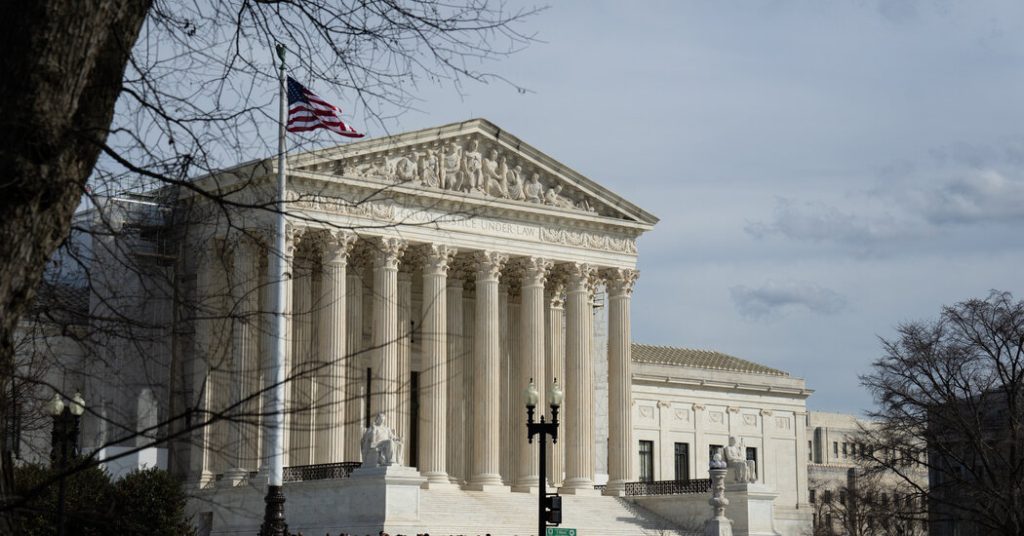The Supreme Court recently allowed Idaho to enforce a ban on gender-affirming treatment for minors. The decision suggested that some justices are comfortable getting involved in the ongoing culture wars. The conservative justices voted to enforce the ban, while the liberal justices objected. The ban will remain in place until the appeals process is complete, with exceptions made for the plaintiffs who brought the challenge. The law, known as the Vulnerable Child Protection Act, makes it a felony for doctors to provide transgender medical care to minors, including hormone treatment.
Idaho’s Republican-controlled Legislature passed the law, which is one of many across the country that restrict transgender rights. At least 20 states with Republican-controlled legislatures have enacted legislation limiting access to gender transition care for minors. State officials in Idaho appealed to the Supreme Court after the U.S. Court of Appeals for the Ninth Circuit upheld a temporary block on the law. The Attorney General of Idaho argued against the injunction, questioning whether a court should freeze a state law from going into effect for everyone, not just the parties involved in the case.
The law prohibits medical providers from offering transgender medical care to teenagers, making it a crime to do so. The plaintiffs in the case, represented by the ACLU, argued that the case was not the appropriate vehicle for addressing concerns about universal injunctions. They are concerned that if the injunction only applies to the parties directly involved in the case, they would be forced to disclose their identities as transgender individuals every time they visited a doctor or sought to fill their prescriptions. This raises privacy and safety concerns for the plaintiffs, who are anonymous in the case.
In response to the emergency application from Idaho, the Supreme Court allowed the ban to be enforced while the legal process continues. Justices Gorsuch, Alito, and Thomas concurred with the decision, while Justices Kavanaugh and Barrett also concurred in a separate statement. Justice Brown Jackson dissented, along with Justice Sotomayor. Justice Kagan also noted a dissent. The decision to allow the ban to be enforced until the appeals process is complete highlights the ongoing debate over transgender rights in the legal system, with differing perspectives among the justices on this issue.
The decision by the Supreme Court to allow Idaho to enforce the ban on gender-affirming treatment for minors reflects broader tensions surrounding transgender rights. With conservative justices voting to enforce the ban and liberal justices objecting, the case highlights how the court is navigating sensitive cultural issues. The ongoing debate over gender transition care for minors has led to a patchwork of legislation across the country, with states taking different approaches to regulating this type of medical treatment. The legal battle in Idaho is just one example of the larger struggle over transgender rights in the United States.








